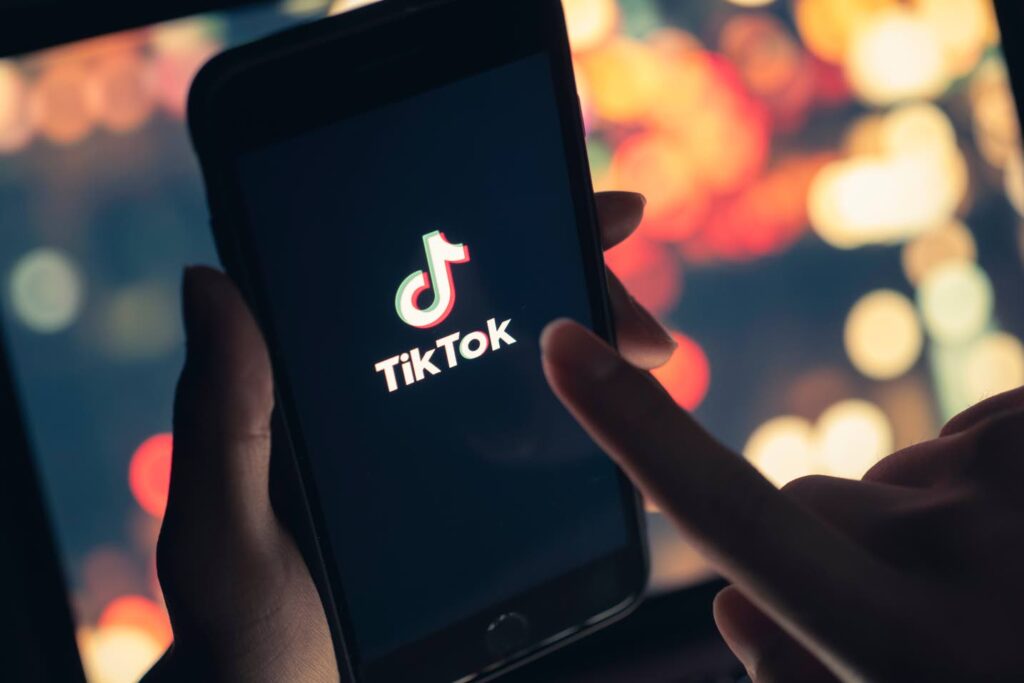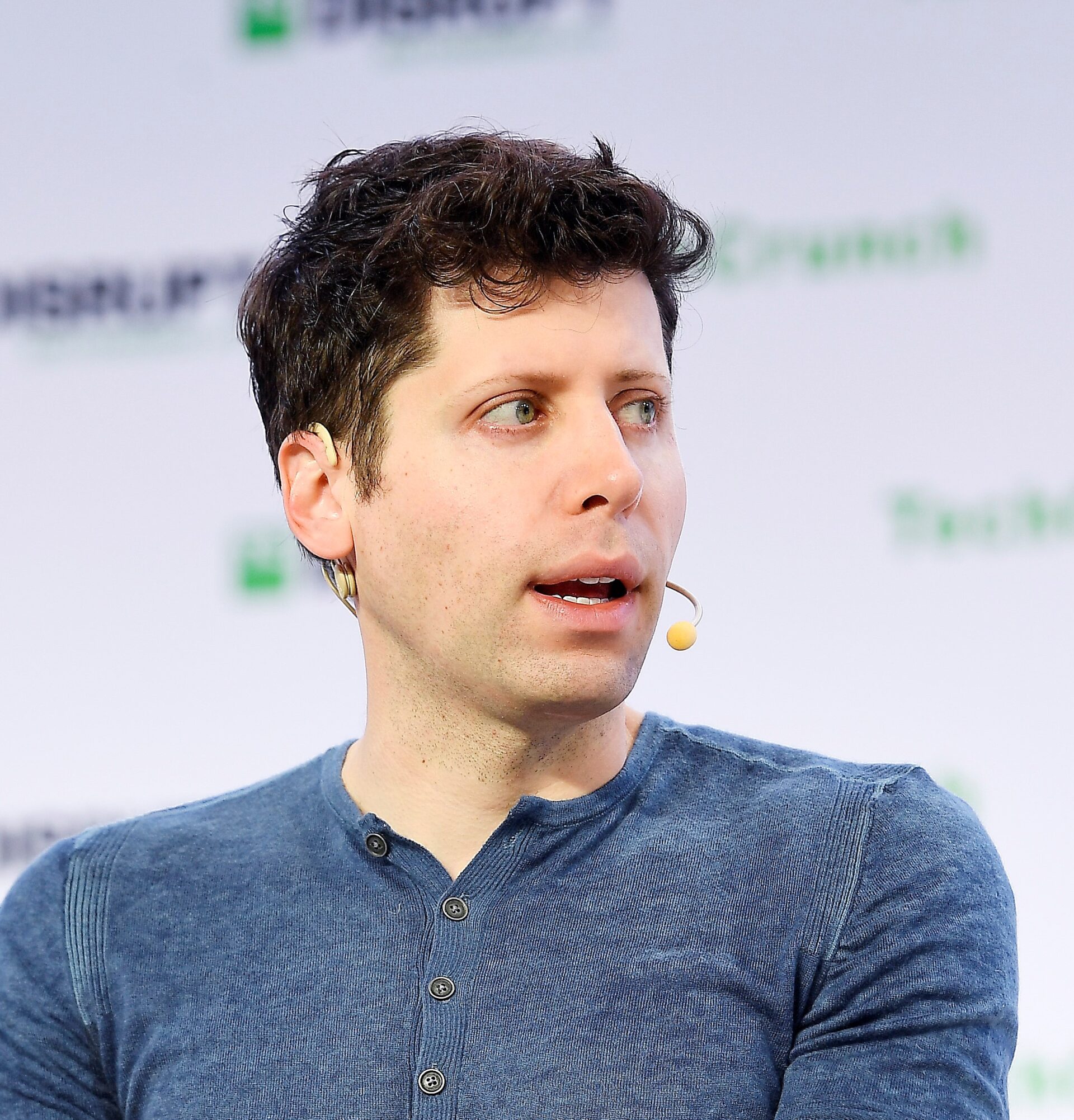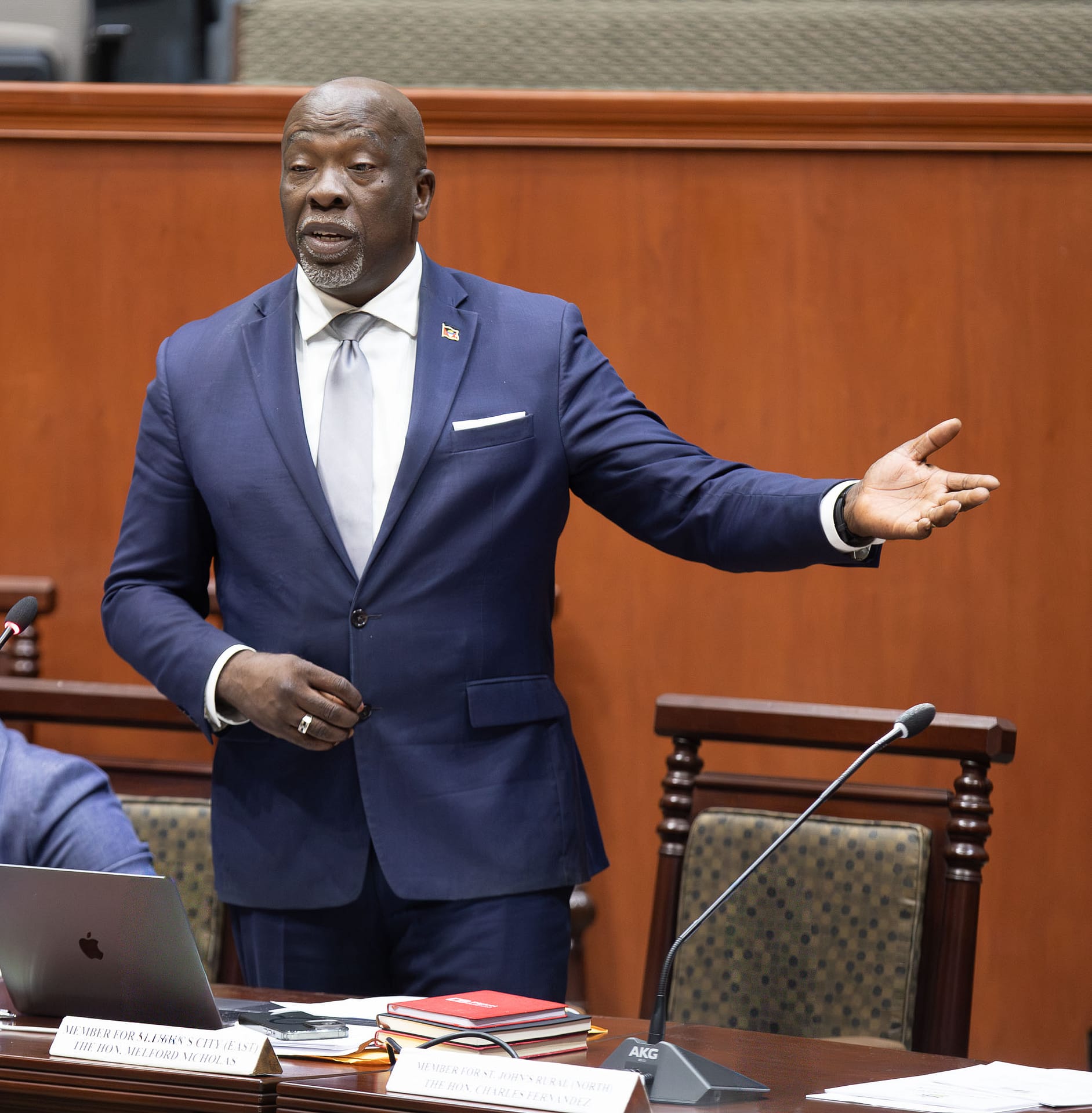In a strategic maneuver to preserve its operations across the United States, TikTok has formally entered into a pivotal joint venture agreement with a consortium of prominent investors. This arrangement, as detailed in an internal company memo acquired by major US media outlets, directly addresses longstanding national security concerns raised by American policymakers regarding the platform’s Chinese ownership.
The agreement establishes a new US-based entity with major investment participation from Oracle, Silver Lake, and the Abu Dhabi-based MGX. According to TikTok CEO Shou Chew’s communication to staff, the ownership structure will see one-third held by existing ByteDance investors and nearly 20% retained by ByteDance itself—representing the maximum allowable Chinese ownership under US law.
This corporate restructuring serves as TikTok’s compliance solution to legislation enacted during the Biden administration that mandated ByteDance either divest TikTok’s US operations or face an outright ban. US officials, including former President Donald Trump, have consistently expressed apprehension that Chinese authorities could potentially exploit TikTok’s sophisticated algorithm to harvest American user data or exert foreign influence.
The newly formed US joint venture will function as an independent operation with comprehensive authority over critical areas including data protection protocols, algorithm security, content moderation systems, and software assurance. Meanwhile, TikTok Global’s US entities will maintain responsibility for global product interoperability and commercial activities such as e-commerce, advertising, and marketing initiatives.
The deal, which required approval from Chinese authorities, represents the culmination of negotiations initially announced by the Trump administration in September. Oracle Executive Chairman Larry Ellison, a noted ally of former President Trump and one of the world’s wealthiest individuals, emerges as a central figure in this arrangement. Ellison has recently regained prominence through his collaborations with Trump on significant artificial intelligence partnerships with OpenAI, alongside his financial backing of his son David’s acquisition of Paramount and subsequent bidding competition with Netflix for Warner Bros.









